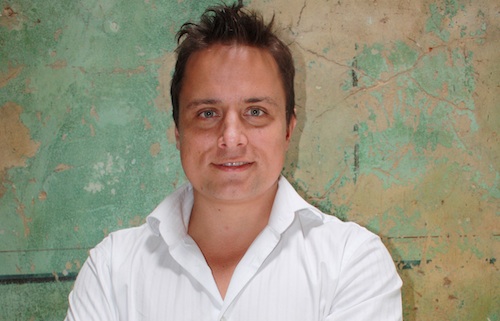How’s this for chutzpah? A Cape Town-based start-up, Ad:Dynamo, is taking direct aim at the heart of Google’s business, its Adsense service, with a rival pay-per-click advertising marketplace.
The company, launched last year, has attracted the interest of billionaire businessman Johann Rupert — Remgro’s InVenFin has acquired a 35% stake in Ad:Dynamo for an undisclosed sum.
Now Ad:Dynamo founder and CEO Sean Riley, pictured, is eyeing Europe and the US as he prepares to take the company onto the international stage. Already, more than 15% of its revenues are generated from offshore advertisers.
But how can a small SA-based start-up expect to take on a giant like Google?
Riley believes Google has had a free ride, in part because people have been too scared to take it on.
Riley, who also founded Web development company Entelligence, says Ad:Dynamo is transparent in the revenues it shares with online publishers – unlike Google, which does not disclose these figures. Fifty percent of all advertising revenue Ad:Dynamo receives is given to publishers who display the ads on its behalf, he says.
He adds that the unhappiness among some newspaper publishers, including News Corp and, locally, M&G Media, could play into Ad:Dynamo’s hands.
“People forget [News Corp chairman] Rupert Murdoch owns the content and pays the journalists and he can do what he likes with that content,” Riley says. “If they shut off Google from a search perspective, it will hurt them in the short term, but in three or four years it may have helped them and made Google less of a monopoly in terms of where people source information on the Internet.”
About 85% of Ad:Dynamo’s business comes from SA advertisers, and Riley says he will use the country as the base for its expansion into the rest of the world. Already, Ad:Dynamo is serving more than 50m ads a month to websites in Europe and the US.
Riley says Ad:Dynamo, which employs 18 people, has no plans to sell to a bigger market player, such as a media company — at least not yet. “It’s not a priority for us,” he says. “We’re already breaking into being a profitable business and for now we plan to ride this and see how much market share we can take.” — Duncan McLeod, TechCentral





